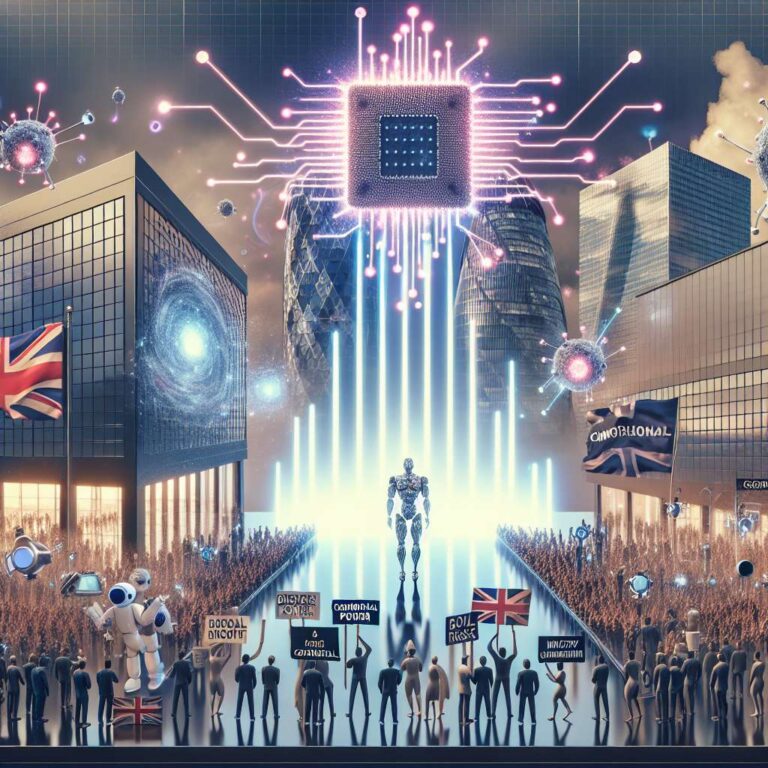The Guardian’s latest artificial intelligence coverage ranges from the workplace to Westminster and beyond. An editorial warns that the tech revolution must benefit the many, not the few, arguing Britain risks outsourcing its digital destiny to Silicon Valley and backing a TUC call for those affected to help shape the future of work. Political scrutiny runs hot: one piece criticises Labour for cosying up to US tech firms while glossing over downsides, and another reveals a ministerial adviser previously claimed artificial intelligence firms would never have to compensate creatives, a now-deleted post made months before joining Liz Kendall’s team. Public sentiment is mixed, with a thinktank finding more Britons see artificial intelligence as an economic risk than an opportunity.
In industry news, Elon Musk’s xAI has accused OpenAI of stealing trade secrets in a new lawsuit, while Nvidia is reportedly set to invest in OpenAI, bringing the two artificial intelligence firms closer. Platforms are grappling with synthetic content: Spotify says it removed 75m spam tracks in the past year as artificial intelligence tools make it easier to generate fake music. Meta launched Vibes, an artificial intelligence feed showcasing viral prompts that include cute characters and historical selfies. Meanwhile, a columnist skewers the hype after Mark Zuckerberg extolled “superintelligence” only for his smart glasses to fail on stage, and a British startup, ManticAI, outperformed many humans in an international forecasting competition, stoking debate over machine prediction skills.
Safety, law and culture feature prominently. Investigative and legal pieces flag serious misuse, from a chatbot site depicting child sexual abuse images to a first-of-its-kind case fining a man for deepfake pornography of prominent Australian women. Reporters mapped far-right radicalisation across 51,000 Facebook messages, highlighting a thriving ecosystem of disinformation and disillusionment. In climate, the UN’s climate chief says artificial intelligence carries risks but could help tackle global heating. Across culture and education, human subtitle writers describe why their craft cannot be fully automated, readers debate universities’ approach to artificial intelligence in learning, and a book review probes catastrophic risk with If Anyone Builds it, Everyone Dies. Elsewhere, a cartoon riffs on chatbots and cognitive decline, and a feature explores how some of the rich and powerful now view ageing as a technical problem to be solved.

